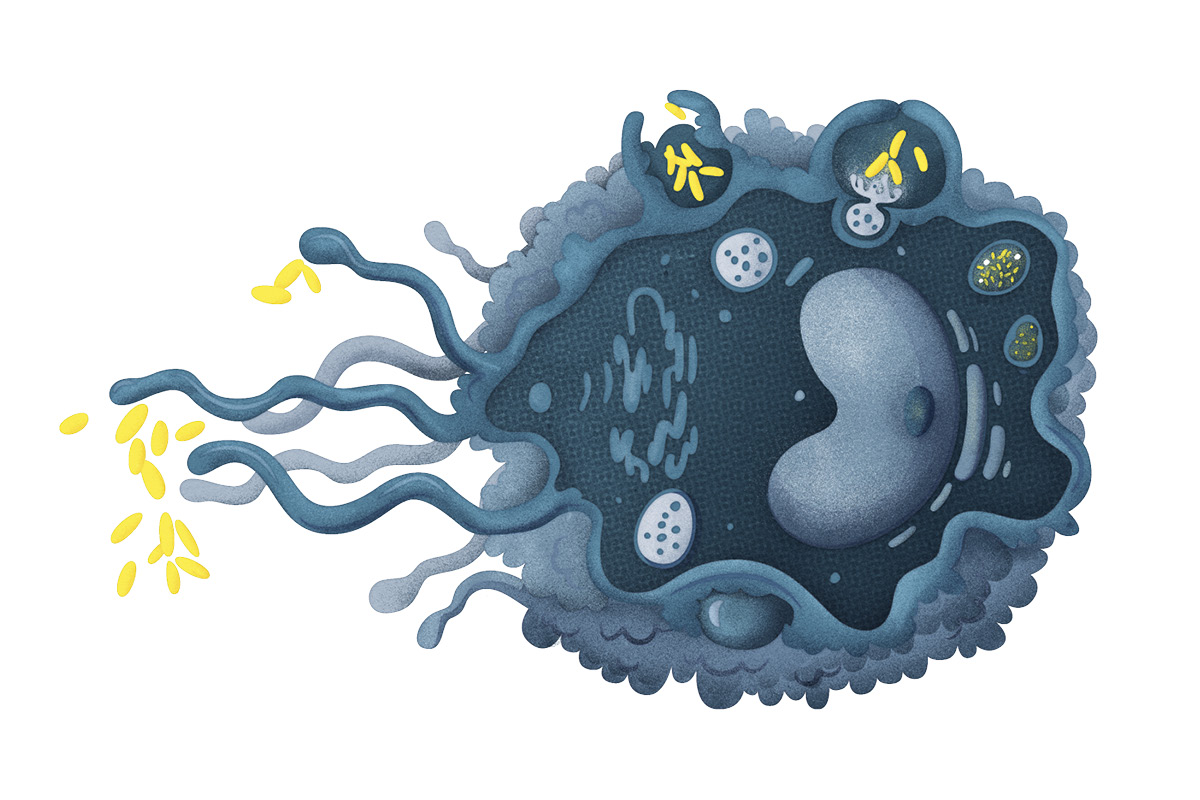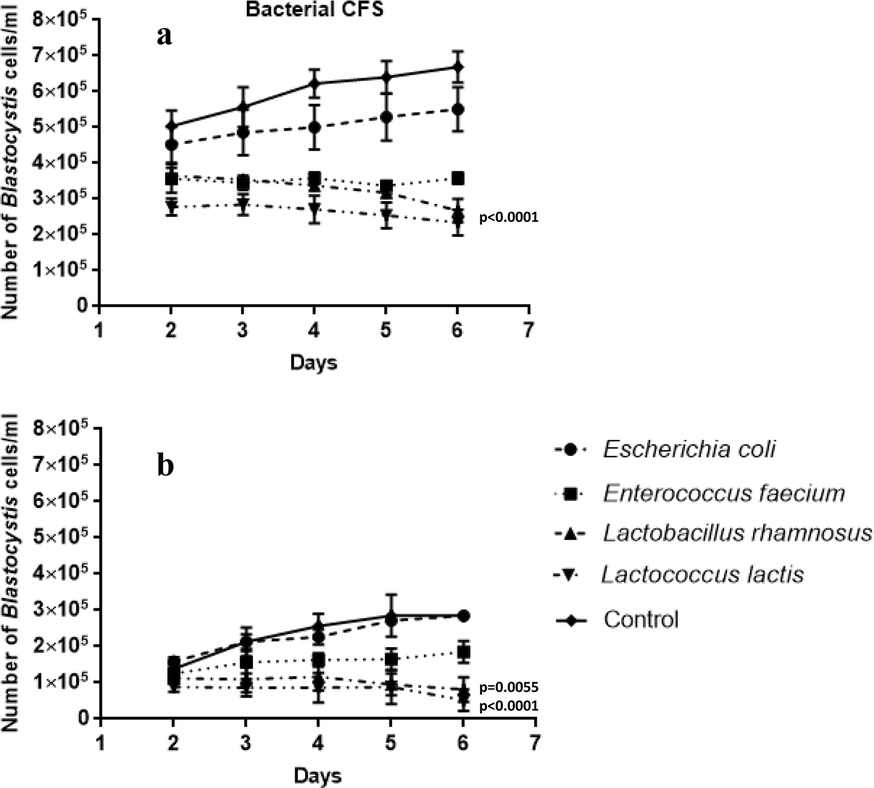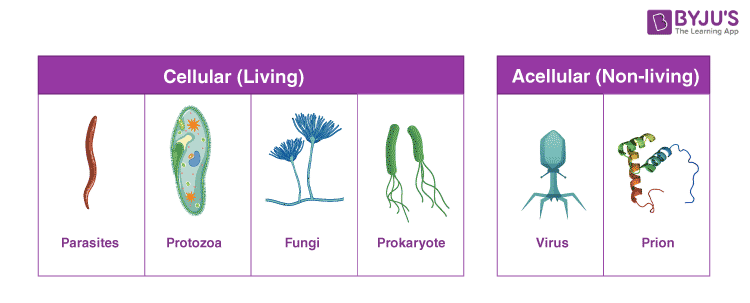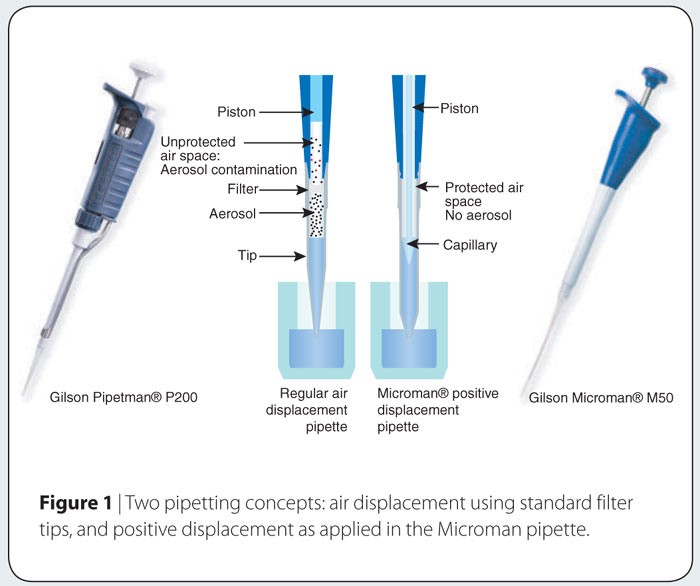Pathogens, Free Full-Text
Por um escritor misterioso
Descrição
A greater knowledge of the ecology of the natural foci of tick-borne encephalitis virus (TBEV) is essential to better assess the temporal variations of the risk of tick-borne encephalitis for humans. To describe the seasonal and inter-annual variations of the TBEV-cycle and the epidemiological parameters related to TBEV nymph-to-larva transmission, exposure of small mammals to TBEV, and tick aggregation on small mammals, a longitudinal survey in ticks and small mammals was conducted over a 3-year period in a mountain forest in Alsace, eastern France. TBEV prevalence in questing nymphs was lower in 2013 than in 2012 and 2014, probably because small mammals (Myodes glareolus and Apodemus flavicollis) were more abundant in 2012, which reduced tick aggregation and co-feeding transmission between ticks. The prevalence of TBEV in questing nymphs was higher in autumn than spring. Despite these variations in prevalence, the density of infected questing nymphs was constant over time, leading to a constant risk for humans. The seroprevalence of small mammals was also constant over time, although the proportion of rodents infested with ticks varied between years and seasons. Our results draw attention to the importance of considering the complex relationship between small mammal densities, tick aggregation on small mammals, density of infected questing nymphs, and prevalence of infected nymphs in order to forecast the risk of TBEV for humans.

What is a pathogen? - 4-H Animal Science

Macrophages: What are they and how do they kill bacteria? - BBC

209,824 Pathogens Images, Stock Photos, 3D objects, & Vectors

Pathogens, Free Full-Text

The influence of probiotic bacteria and human gut microorganisms

What are Pathogens? An Overview of Pathogens and their Types

Pathogenic bacteria - Wikipedia

Impedance-Based Detection of Bacteria

Features of pathogens. There are various types of pathogens
de
por adulto (o preço varia de acordo com o tamanho do grupo)







